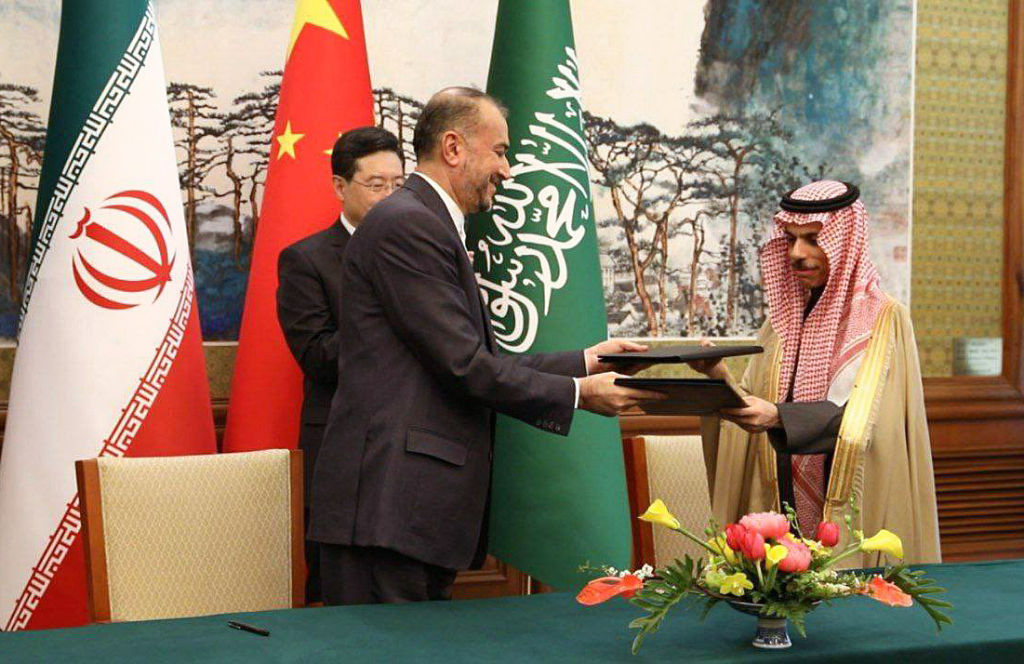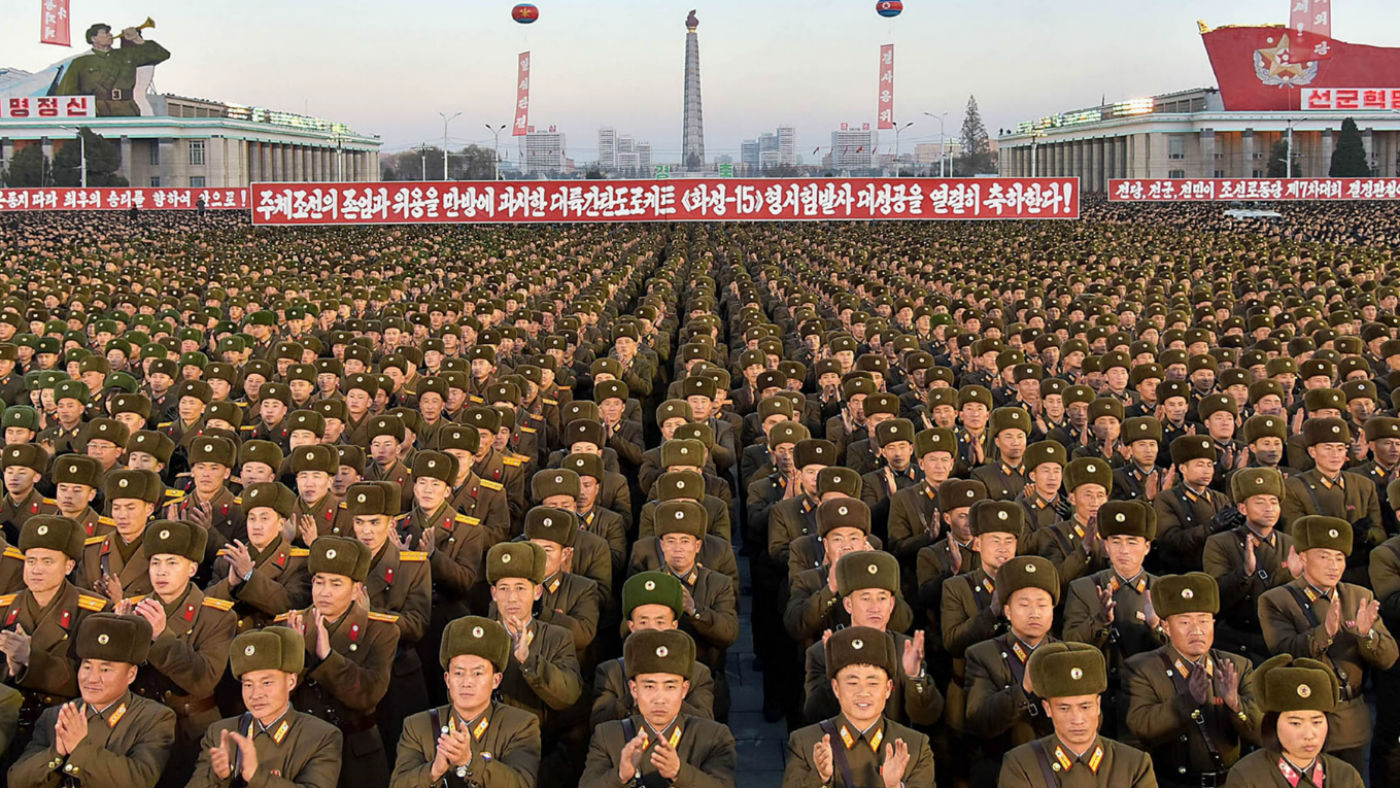The Week Unwrapped: Nigerian gas, female exercise and a new Saudi city
Could Nigeria step in to fill the Russian energy gap? Why are British women reluctant to get fit? And what can we expect from a solar-powered city in the desert?
A free daily email with the biggest news stories of the day – and the best features from TheWeek.com
You are now subscribed
Your newsletter sign-up was successful
Arion McNicoll and The Week delve behind the headlines and debate what really matters from the past seven days.
You can subscribe to The Week Unwrapped wherever you get your podcasts:
In this week’s episode, we discuss:
The Week
Escape your echo chamber. Get the facts behind the news, plus analysis from multiple perspectives.

Sign up for The Week's Free Newsletters
From our morning news briefing to a weekly Good News Newsletter, get the best of The Week delivered directly to your inbox.
From our morning news briefing to a weekly Good News Newsletter, get the best of The Week delivered directly to your inbox.
Nigerian gas
As Europe prepares for a winter without Russian gas, the EU is investigating whether Nigeria could help to fill the gap. The largest oil producer in Africa is planning to re-open a long-distance pipeline next month which could make that possible. But safety and security in the Niger Delta are likely to remain a major obstacle to reliable gas exports.
A city in the desert
Saudi Arabia has announced ambitious plans to build a brand new city in the desert. The unique settlement, intended to house nine million people, will consist of a single, mirror-clad building more than 100 miles long and taller than the Empire State Building, yet only 220 yards wide. It will also run entirely on solar energy. Is this a bold new approach to sustainability from the oil giant? Or a mere PR exercise?
A free daily email with the biggest news stories of the day – and the best features from TheWeek.com
Women and exercise
This week marked the release of a survey commissioned by the gym chain Nuffield Health which found that almost half of women in the UK have done no “vigorous exercise” – such as running, swimming, aerobics or gymnastics – in the past 12 months, compared with just over a third of men. What roles have both the pandemic and the patriarchy played in creating this so-called “gender fitness gap” – and what can be done to encourage more women to get moving?
-
 What to know before filing your own taxes for the first time
What to know before filing your own taxes for the first timethe explainer Tackle this financial milestone with confidence
-
 The biggest box office flops of the 21st century
The biggest box office flops of the 21st centuryin depth Unnecessary remakes and turgid, expensive CGI-fests highlight this list of these most notorious box-office losers
-
 What are the best investments for beginners?
What are the best investments for beginners?The Explainer Stocks and ETFs and bonds, oh my
-
 Joggers told to wear helmets amid bird terror
Joggers told to wear helmets amid bird terrorfeature And other stories from the stranger side of life
-
 Iran and Saudi Arabia agree to reopen embassies, resume flights in China-brokered thaw
Iran and Saudi Arabia agree to reopen embassies, resume flights in China-brokered thawSpeed Read
-
 An end to Iran and Saudi Arabia’s seven-year rift
An end to Iran and Saudi Arabia’s seven-year riftfeature Thawing of relations could transform the Middle East
-
 ‘Cremated man’ found alive nine years later in China
‘Cremated man’ found alive nine years later in Chinafeature And other stories from the stranger side of life
-
 The Week Unwrapped: Korean succession, terror by algorithm and German disquiet
The Week Unwrapped: Korean succession, terror by algorithm and German disquietpodcast Could a 10-year-old girl rule North Korea? Will an Isis victim upend web law? And why is Germany upset with its Oscars contender?
-
 The Week Unwrapped: Chinese chips, the Pope in Africa and podcasting
The Week Unwrapped: Chinese chips, the Pope in Africa and podcastingpodcast Is China losing the microchip war? What is the Vatican doing in South Sudan? And has the podcast tide turned?
-
 The Week Unwrapped: Sex and health, the Earth’s core and another new year
The Week Unwrapped: Sex and health, the Earth’s core and another new yearpodcast Is the NHS failing British women? What’s going on at the centre of our planet? And what’s in a date?
-
 The Week Unwrapped: Antisocial Saudis, hormone therapy and retro tech
The Week Unwrapped: Antisocial Saudis, hormone therapy and retro techpodcast Why is Saudi Arabia investing in – and banning – social networks? Will new research make life easier for trans women? And is the future of technology dumb?